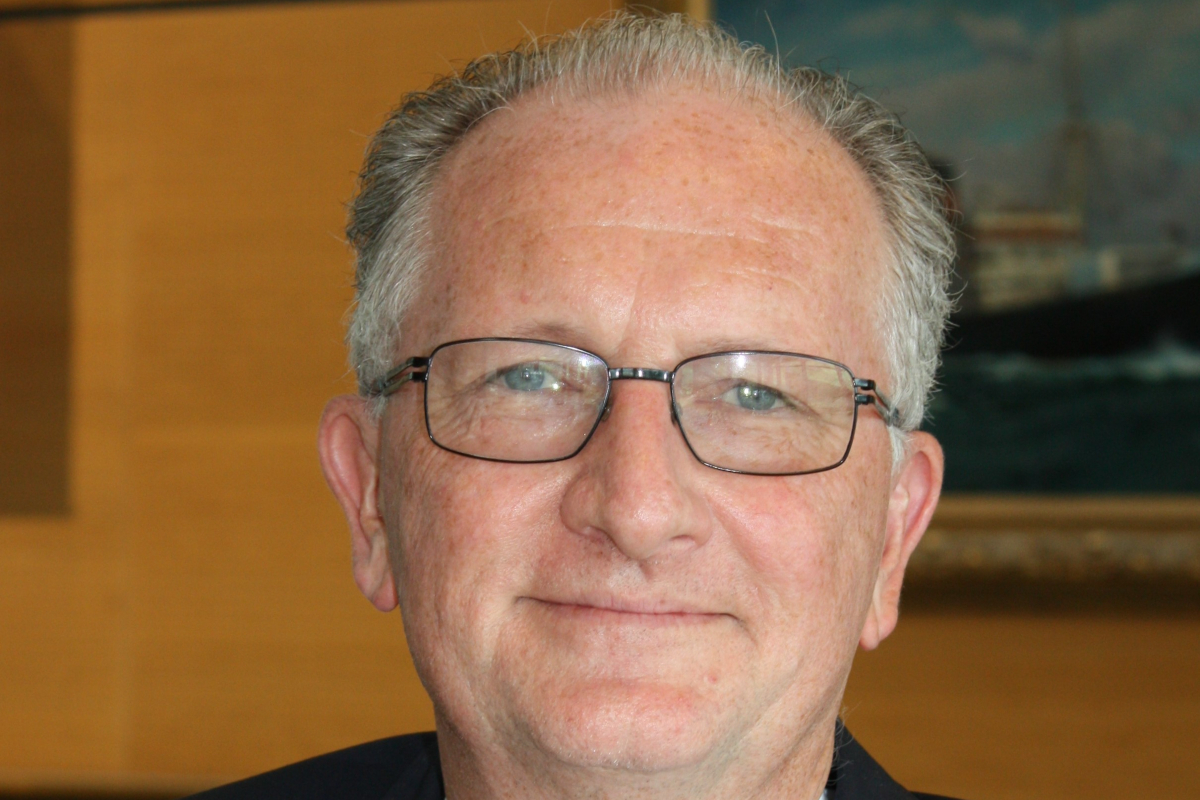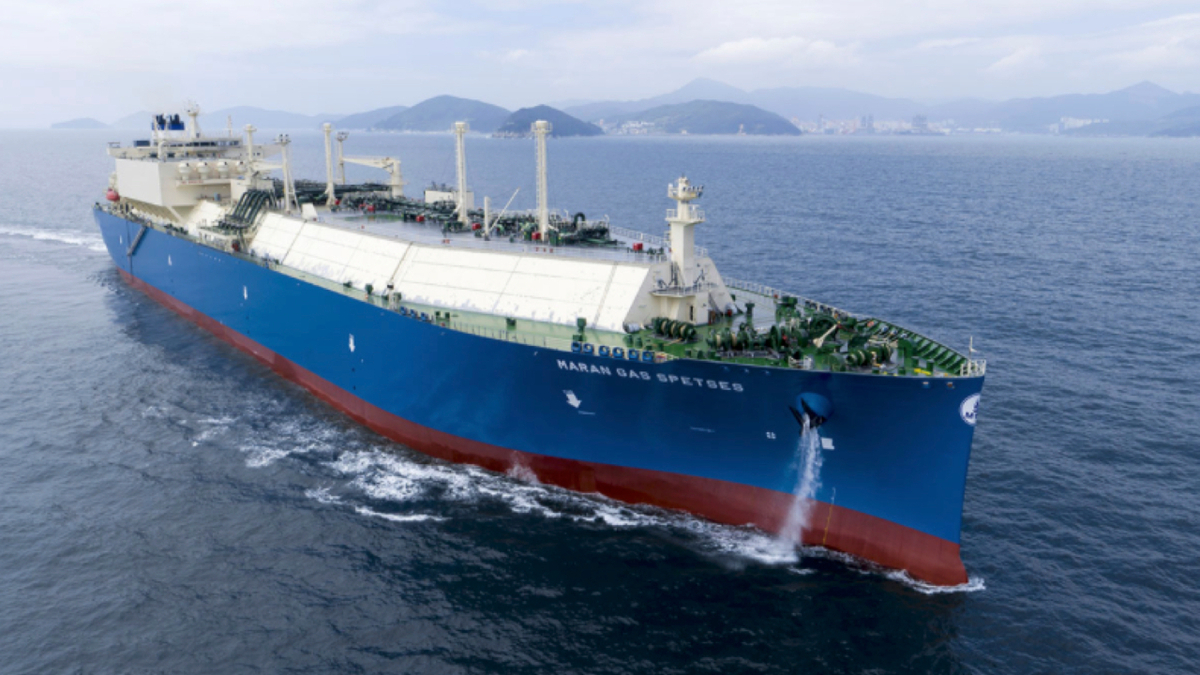Business Sectors
Events
Floating energy: successfully unlocking stranded gas using FLNGs and FSRUs
Contents
Clean Shipping Alliance appoints Poul Woodall as executive director
Maritime industry veteran and DFDS executive Poul Woodall has been named the executive director of the Clean Shipping Alliance (CSA) effective 1 January
Mr Woodall has more than 40 years of maritime industry leadership in international operational roles in roro, container and passenger segments with Maersk and DFDS. His most recent position was as director of environment and sustainability with DFDS Group in Copenhagen. He will remain with DFDS in a part-time role as senior advisor, climate and environment.
Well known in shipping circles, Mr Woodall was recently a panellist at an owner and operators’ session at Riviera’s MAP Europe Conference.
Representing cruise, ferry, dry bulk, heavy-lift, tanker, container and roro vessel owners with about 3,000 ships, CSA members have accumulated extensive experience in using open-loop, closed-loop and hybrid scrubbers to comply with Marpol Annex VI.
In an interview with Riviera Maritime Media following his appointment, Mr Woodall said an exhaust gas cleaning system is not the ‘silver bullet solution,’ but he believes it is the best option now. “It moves us in the right direction,” said Mr Woodall.
Ships that operate on heavy fuel oil can use exhaust gas cleaning systems (EGCS) to comply with the IMO 2020 0.50% sulphur cap. In fact, Mr Woodall said, using EGCS, vessels can obtain sulphur dioxide levels well below those of current compliant low-sulphur fuels. Shipping’s next challenge will be meeting IMO’s ambitious decarbonisation goals, which aim to reduce greenhouse gas emissions from international shipping by 40% by 2030 as compared to 2008.
When employing EGCS systems, vessel owners can use their monitoring equipment to show compliance with emissions regulations to port state control authorities. In the case where a port has banned the use of open-loop scrubbers, shipowners with EGCS systems installed on board must show a record of the switchover at the appropriate time to compliant fuel. CSA says an added benefit of an EGCS system is its ability to remove a high percentage of particulate matter, with good effectiveness against 10 and 2.5 micron-size particles and ultra-fines, which pose the greatest human health hazards.
Despite the success of scrubbers in meeting the IMO 2020 0.50% sulphur cap, several ports worldwide have banned the use of open-loop scrubbers because of concerns about washwater discharge. Mr Woodall made the point that policies should not be based on emotion, but rather grounded in fact. CSA can provide data to members that will allow them to work with harbour, port, regional authorities and stakeholders to support science-based decisions. Additionally, while scrubbers have proved to be a reliable, straightforward technology, owners can avoid their own teething pains by leveraging the collective experience and lessons learned from CSA members to optimise their EGCS installation, safety and operation.
DNV GL Alternative Fuels Insight data indicates some 4,572 ships (in operation or under construction) have scrubbers, more than 87% of which are accounted for by bulk carriers, container ships, crude oil tankers, cruise ships and oil/chemical tankers.
Commenting on Mr Woodall’s appointment, CSA chairman Mike Kaczmarek said “Poul is a highly respected figure in the international maritime industry, and his substantial industry experience along with his knowledge of CSA and today’s key issues will make him a valuable asset to the ongoing work of the Alliance.”
Mr Woodall is a founding director of CSA and will retain his seat on the executive committee.
Riviera will provide free technical and operational webinars in 2021. Sign up to attend on our events page
Most Viewed Articles
© 2024 Riviera Maritime Media Ltd.



